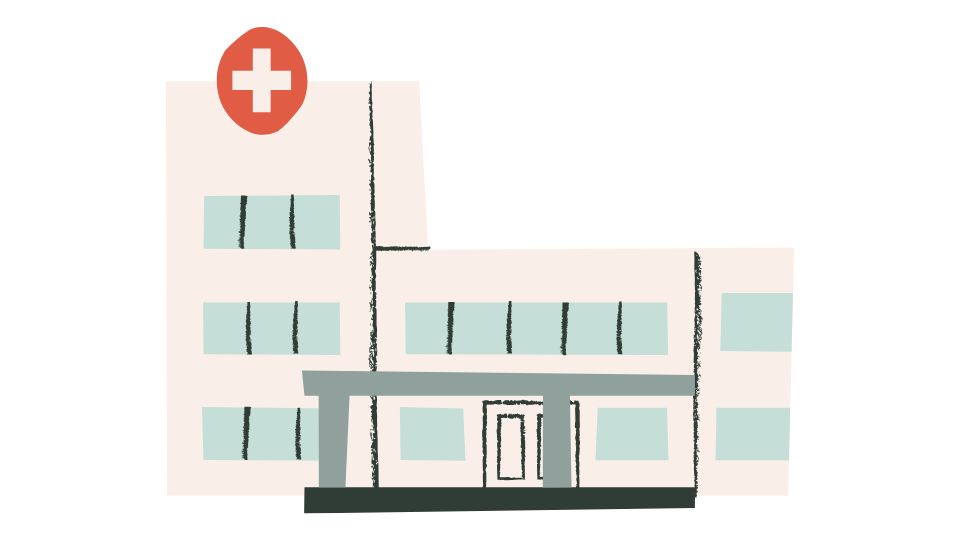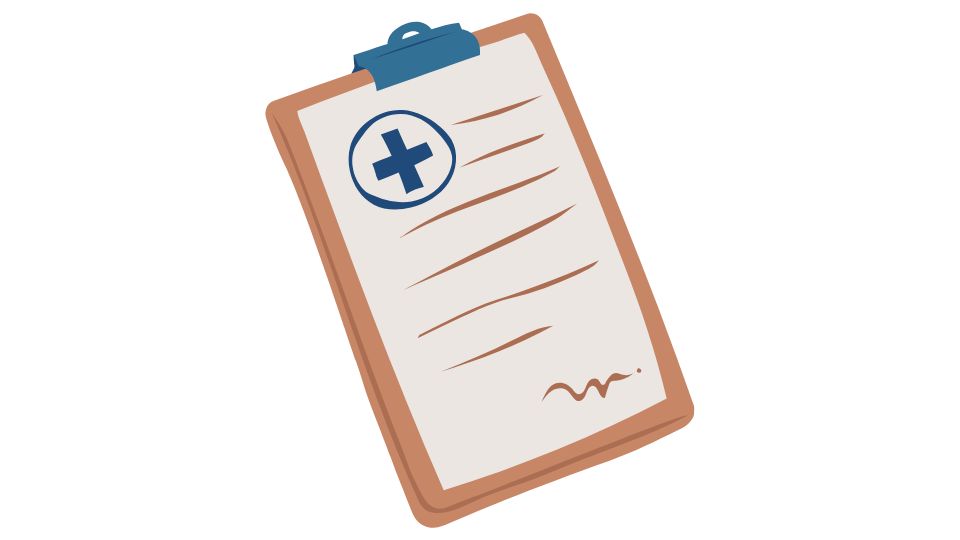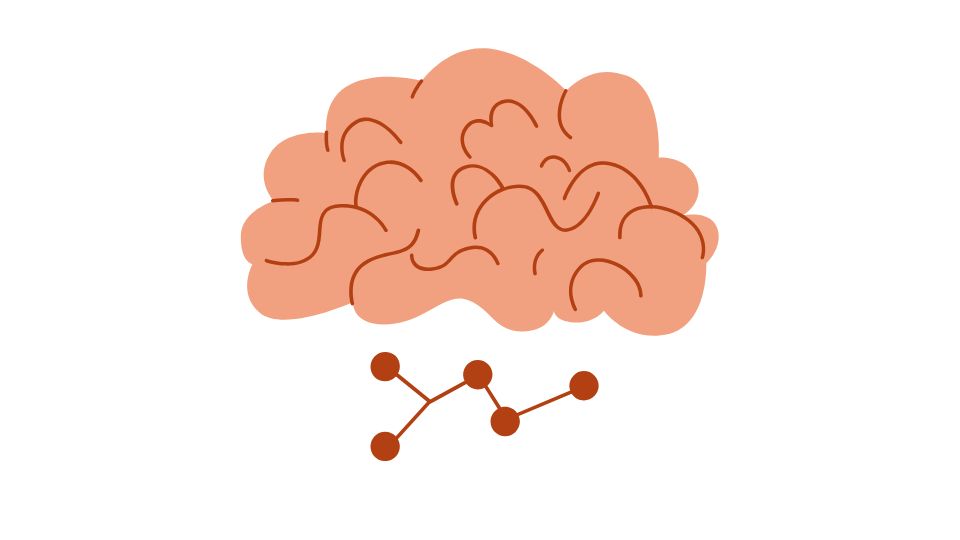How to Make the Most of Health Equity Networking Events

Some communities get world-class treatment while others can’t even access basic care. And that’s where health equity networking events come in clutch.
These gatherings bring together the whole squad – doctors, researchers, policy nerds, community leaders – to tackle healthcare disparities head-on.
They’re not just fancy conferences with stale donuts, but catalysts for actual change in how healthcare works (or doesn’t work) for different people.
I’ve dug into what makes these events powerful, and let me tell you – when done right, they’re game-changers. Let’s dive in! 👇
Why These Events Actually Matter
Health equity networking events aren’t just about collecting business cards and free pens. They serve as critical platforms for:
- Knowledge exchanges that get real research and data into the hands of people who can use it
- Partnership building between sectors that normally operate in silos
- Amplifying voices from communities that healthcare has historically ignored
- Policy advocacy that turns talk into actual legislative change
- Action-oriented outcomes because we need more than just conversations
With health disparities deeply rooted in structural problems like racism, economic inequality, and geographic isolation, these events create shared accountability for making healthcare work better for everyone.
The Most Impactful Health Equity Events (And What Makes Them Special)

1. NCODA Virtual Health Equity Summit
This full-day virtual summit focused on serious issues like medication access, social determinants, and culturally competent care.
What made it different? It wasn’t just talk – every session ended with actionable solutions participants could implement. The virtual format also meant people from across the country could join without travel barriers (equity in action! 💯).
Their Health Equity Steering Committee brought together diverse experts who shaped discussions that actually reflected real-world challenges.
2. University of Vermont Health Network Summit
The UVM summit doesn’t shy away from uncomfortable conversations. They built their entire program around elevating stories from communities experiencing disparities firsthand.
Rather than just having “experts” lecture, they created collaborative spaces where healthcare professionals and community members worked together as equals.
And they didn’t just offer Spanish translation – they provided language access for multiple communities in their region.
The University of Vermont Health Network demonstrates how institutional commitment to equity goes beyond a single event.
3. CMS Health Equity Conference
When the federal government’s healthcare agency hosts an event, people listen. The CMS conference brings serious policy muscle to these conversations.
What sets it apart is its focus on implementation. Sessions explore how to operationalize equity principles within existing healthcare systems and regulations. They’re experts at connecting theoretical frameworks to practical application.
Their work aligns with the CMS Framework for Health Equity, which guides national healthcare policy for the next decade.
4. Minority Health Disparities Initiative Conference
This Nebraska-based conference brilliantly combines research presentations with mindfulness activities. Why? Because working on health equity is emotionally taxing, and they recognize the need for sustainable advocacy.
Their “Connect & Collaborate” sessions form small groups tackling specific health challenges, with resources provided to continue partnerships after the event ends. These aren’t one-off discussions – they’re relationship builders.
The American Journal of Public Health has documented how these sustained collaborations produce more effective interventions than isolated efforts.
What Makes These Events Actually Work? 🤔

Looking at successful health equity events, some clear patterns emerge:
- Diverse participation matters – When doctors, community members, researchers, and policymakers all show up, magic happens
- Interactive formats win – Nobody wants to sit through 8 hours of PowerPoint slides
- Action focus is essential – “Raising awareness” isn’t enough; we need clear next steps
- True inclusivity – Language access, physical accessibility, and representation in leadership
- Relationship building – The real work happens in the connections formed
- Digital accessibility – Virtual options remove barriers for many participants
How To Make The Most of These Events

Whether you’re a healthcare provider, advocate, or just someone who cares about fixing our broken system, here’s how to leverage these gatherings:
- Show up early – Submit your ideas for sessions, don’t just attend
- Participate actively – Ask questions, join breakouts, don’t just lurk
- Follow up – Those connections mean nothing if you don’t nurture them
- Apply what you learn – Take resources back to your organization
The Bottom Line
Health equity networking events aren’t just conferences – they’re ignition points for transformation.
By bringing diverse stakeholders together, elevating marginalized voices, and focusing on concrete actions, these gatherings help reshape healthcare into something that works for everyone, not just the privileged few.
The power of these events lies in their ability to transform individual commitments into collective action. Because let’s face it – the healthcare system isn’t going to fix itself. 💪
When we connect, collaborate, and commit to change through these spaces, we move closer to a world where your zip code, skin color, or bank account don’t determine whether you live or die. And that’s worth showing up for.
